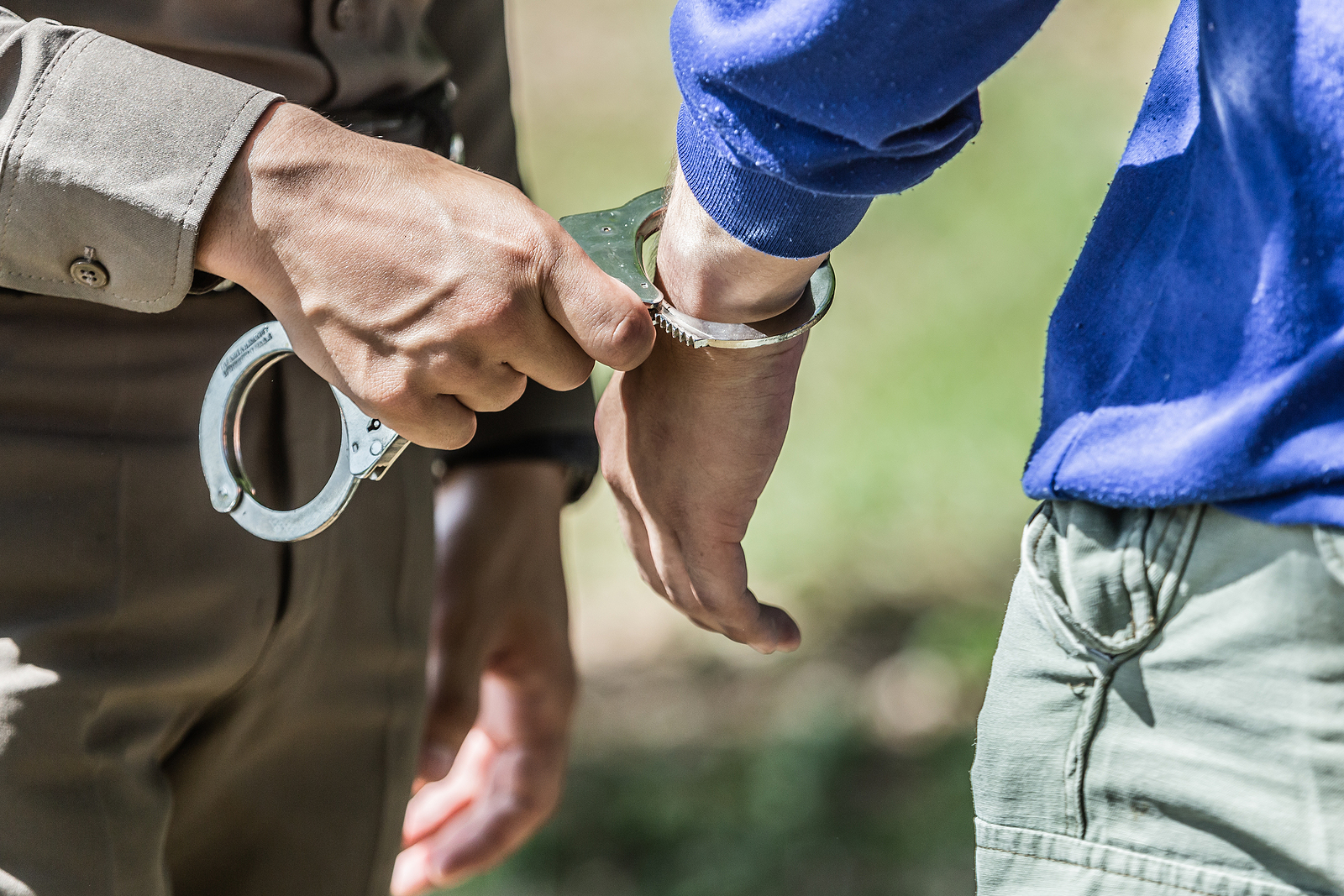In the state of Louisiana, you can be charged with a DWI if you are in control of a vehicle while you have a blood alcohol content (BAC) of 0.08% or under the influence of an illicit substance. The law varies slightly in defining a DWI for commercial drivers needing a BAC of only 0.04% while operating a commercial vehicle.
It is important to note that the terms driving while under the influence (DUI), driving while intoxicated (DWI), and operating while intoxicated (OWI) tend to be used interchangeably to describe the act of driving with a BAC of 0.08% or more, or while under the influence of illicit substances. Louisiana does not identify a difference between DUIs, OWIs, or DWIs, instead referring to these charges as DWIs, which is how they will be addressed in this article.
DWIs can and will impact your life in more ways than just financial. A person with a DWI may face higher insurance premiums, difficulty finding a job as a commercial driver, legal fees, community service, license suspension, the installation of an ignition interlock device, and jail or prison time.
Needless to say, you do not want a DWI on your record. The impact can be expensive and lasting.
What is an Aggravated DWI?
If a person is found to be operating a vehicle with a BAC of 0.08% or under the influence of an illicit substance, they may be charged with a DWI. However, if that person broke other laws or caused harm because they were driving while intoxicated, circumstances called an aggravating factor, they may receive an aggravated DWI.
An aggravated DWI will carry harsher punishments than a DWI—the severity of the punishments scales according to the other aggravating factors.
What are Aggravating Factors?
A person receives an aggravated DWI when they commit another crime when being charged with a DWI. Aggravating factors may include, but are not limited to:
- Driving with a suspended, revoked, or restricted license.
- Driving while under the influence with a minor in the vehicle or endangering a child.
- Multiple DWIs within a period of time
- Having a very high BAC, 0.15% or higher.
- Causing a major accident resulting in an injury or death or leaving the scene of an accident.
- Driving a commercial vehicle.
- Not being of legal drinking age.
While this may feel like an extensive list, it is easy to remember that an aggravated DWI results from someone deciding to drink and drive who is either a repeat offender, causes harm to another, or damages someone else’s property.
What is the Punishment for an Aggravated DWI?
Just about every penalty is increased for an aggravated DWI versus a DWI. This results in higher fines, more proposed jail time, and steep license suspensions.
- For the first DWI, a person faces a fine of $300 to $1,000 and a jail term of 48 hours.
- For the first aggravated DWI, a person could face a fine of $750 to $1,000 and a potential jail term of 10 days to 6 months.
- Someone who gets their first DWI could face a 12-month license suspension.
- For their first aggravated DWI, a person may receive a 2-year license suspension.
- The court will revoke someone’s driver’s license for two years if their BAC exceeds 0.20%.
- If a DWI results in a fatality, the offending person can receive up to 30 years in prison.
These charges become more severe when a person is charged with their second and subsequent DWI.
Can a Lawyer Help With an Aggravated DWI?
Anyone charged with a DWI, aggravated or otherwise, should contact an experienced DWI attorney to immediately start building a solid case that will protect their record, livelihood, and reputation. Whiddon Criminal Defense offers knowledgeable counsel to help minimize the consequences of a DWI or remove the charge altogether. Call 318-594-3592 if you are facing an aggravated DWI to schedule a free case evaluation. Using the online contact form is also a way to get the ball rolling and ensure the best outcome possible if you are facing an aggravated DWI charge.


 Call Us Now
Call Us Now Email Us Now
Email Us Now



